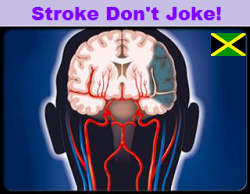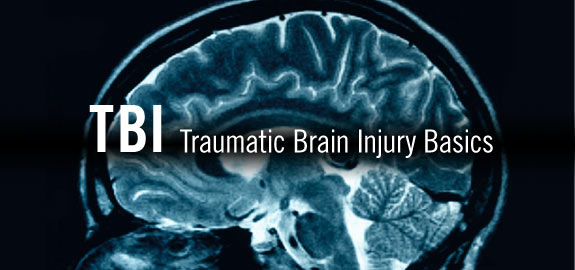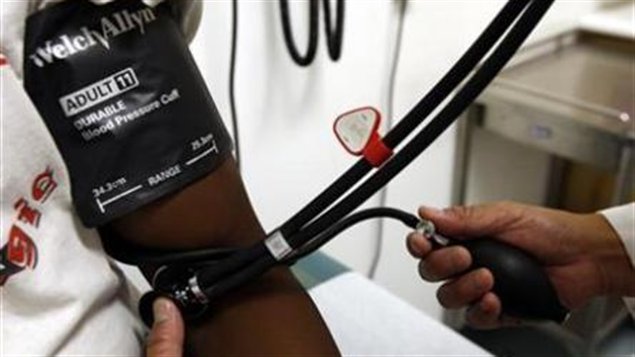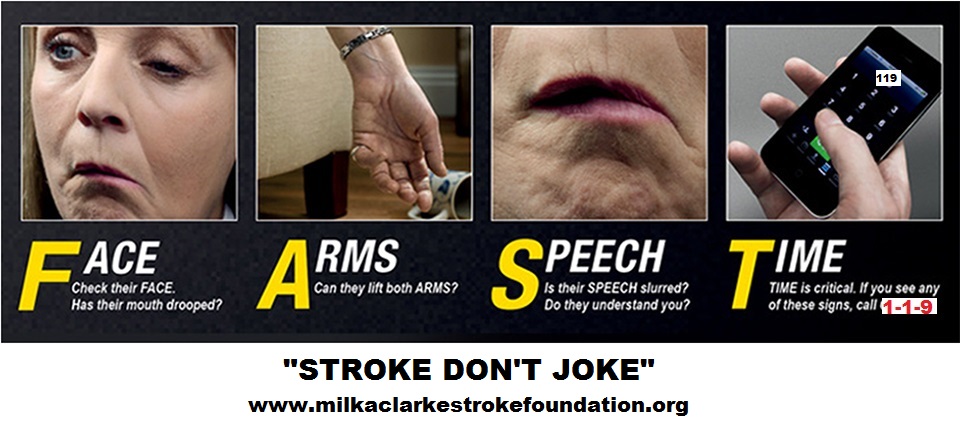Stroke can have all sorts of different effects. Many effects are physical and easy to see, but there can also be hidden effects, like emotional changes. After a stroke you may experience fear, anxiety, frustration, anger, sadness, and a sense of loss for the changes you have experienced. These feelings are a natural response to stroke.
Some emotional and personality changes are caused by the physical effects of brain damage, other changes are because of your feelings and thoughts about stroke. A stroke takes time to adjust to, but if you are experiencing depression or other personality and emotional changes you should talk to your healthcare professional. There are treatment options to help you deal with the emotional fallout from your stroke.
Depression
Many stroke survivors experience feelings of anger, frustration, anxiety, sadness, fear, and hopelessness in varying degrees. These emotions are common with post-stroke depression, which affects more than a third of stroke survivors. According to the National Institutes of Health, post-stroke depression is underdiagnosed.
What is Post-stroke Depression?
Your emotional health is just as important as your physical health and can promote or disrupt post-stroke recovery. Post-stroke depression is frequently described as a feeling of hopelessness that interferes with functioning and quality of life. If not treated and managed appropriately, post-stroke depression can slow down your recovery.
Depression can set in weeks, months, or even years after your stroke and can stop your progress of recovery and rehabilitation, impacting your quality of life. A combination of factors can lead to post-stroke depression. The sudden nature of stroke can have a life-changing impact. Also, the damage to your brain after a stroke, genetics, and social factors can also contribute to depression.
Symptoms
Symptoms of post-stroke depression vary in severity, frequency, and duration. Signs and symptoms of depression include:
- Persistent sad, anxious or empty feelings
- Sleep disturbances
- Increase or decrease in appetite and eating patterns
- Feelings of helplessness, hopelessness, and/or worthlessness
- Social withdrawal
- Loss of interest in activities or hobbies
- Irritability
- Fatigue
- Difficulty concentrating or remembering details
- Aches, pains, headaches and digestive problems that do not ease with treatment
- Suicidal thoughts
Can post-stroke depression be treated?
If your depression is left untreated and unmanaged, it can worsen a number of other common post-stroke conditions such as malnutrition, incontinence, pain, fatigue, and sleep issues. Depressive emotions can increase when you are frustrated about not making progress in recovery. There are a variety of treatment options for post-stroke depression. Consult with your healthcare professional to determine the best course of action. Common treatments include:
- Medication. Medications known as antidepressants are common treatments for post-stroke depression and may be prescribed by your psychiatrist, primary care doctor, or other physician. Antidepressant medications interact with chemicals in the brain called neurotransmitters to improve mood.
- Mental Health Therapy. Medication is often combined with mental health therapy provided by a psychologist, psychiatrist, social worker, or counselor.
- Cognitive behavioral therapy focuses on helping you identify thoughts and feelings that lead to undesirable behavior.
- Other Therapy. Sometimes post-stroke depression is fueled by other after effects of stroke, such as spasticity or aphasia. Physical or speech therapy can improve those conditions, and in turn help you with post-stroke depression.
Treatment alone is not always enough to fight depression. A variety of practical management strategies can help you fight depression and other difficult emotions. Some tips to manage depression include:
- Communicate. Talk about your feelings, post-stroke issues, and concerns with your caregivers, family, and friends. Relationships may change after a stroke and it may take time to adjust to new roles.
- Improve nutrition. Foods rich in omega-3 fatty acids, folic acid, vitamin B, and complex carbohydrates can help improve mood and fight depression.
- Omega-3 fatty acids (fish, flaxseed, walnuts) promote brain health.
- Complex carbohydrates (brown rice, oatmeal and whole wheat) boost neurotransmitter chemicals in the brain that affect mood.
- Dark chocolate helps fight fatigue and reduce stress.
- A deficiency in folic acid (found in beans, oranges, and broccoli) is linked to depression; folic acid boosts neurotransmitters and promotes cognition.
- Vitamin B12 (eggs, milk, liver) increases energy and alertness.
- Attend a stroke support group. (We hope to have a support group registry soon)
- Set realistic goals and prioritize. Break up larger tasks or projects into smaller ones.
- Practice stress and anxiety management techniques. Deep breathing, squeezing a stress ball, guided imagery, aromatherapy, meditation, and taking a walk or journaling can be very helpful.
- Be patient with yourself and loved ones. Stroke can be traumatic and recovery takes time.
- Stay as active as possible. Adaptive equipment and aids such as canes, braces and walkers can help stroke survivors improve physical fitness. Walking, yoga, and swimming, are low-impact and promote recovery.
- Get out into the community. Volunteering for a cause you believe in, returning to work, taking cooking classes, or joining a club can be exciting.
- Minimize or eliminate alcohol consumption and smoking.

 RSS Feed
RSS Feed









